Efficient PVC Pipe Manufacturing Machines for Sale
The Evolution and Impact of Advanced PVC Pipe Manufacturing
The global demand for polyvinyl chloride (PVC) pipes has witnessed consistent growth, driven by burgeoning urbanization, industrial expansion, and critical infrastructure development worldwide. PVC pipes, renowned for their durability, cost-effectiveness, and versatility, are indispensable in diverse sectors, ranging from municipal water supply and sewage systems to agricultural irrigation and industrial fluid transport. The efficacy and longevity of these essential conduits fundamentally depend on the precision and technological sophistication of their production. As industries increasingly prioritize efficiency, sustainability, and high performance, the role of an advanced pvc pipe manufacturing machine becomes paramount. This comprehensive guide explores the intricate aspects of modern PVC pipe production, focusing on the technological advancements that define the 20-110mm PVC Pipe Production Line and its profound impact on various industrial applications. We delve into the detailed manufacturing processes, essential technical specifications, diverse application scenarios, and the critical factors that contribute to the superior quality and reliability of these vital components in today's demanding market landscapes.
The trajectory of the plastic pipe industry, particularly concerning PVC, illustrates a strong commitment to innovation, responding to global challenges such as water scarcity and the need for resilient infrastructure. Contemporary plastic pipe making machine systems integrate sophisticated automation, energy-efficient designs, and enhanced material processing capabilities to meet stringent international standards. For instance, the market for plastic pipes is projected to grow significantly, with a CAGR often cited between 5-7% over the next decade, propelled by investments in construction and wastewater management in emerging economies. Manufacturers are increasingly focusing on producing pipes with superior tensile strength, chemical resistance, and UV stability, attributes directly influenced by the quality of the machinery used. The intricate synergy between raw material quality, advanced extrusion techniques, and precise calibration ensures that the final PVC product performs optimally under diverse operational pressures and environmental conditions, extending its service life and minimizing maintenance requirements across complex distribution networks globally.
Specifically, the 20-110mm PVC Pipe Production Line represents a crucial segment within the broader PVC pipe market, catering to a wide range of applications from residential plumbing to specialized industrial conduits. This size range offers a balance between flow capacity and installation flexibility, making it a preferred choice for many projects. The meticulous design of each component within this production line—from the gravimetric dosing unit ensuring precise material feeding to the high-efficiency extruder and advanced cooling systems—contributes to the consistent production of pipes that adhere to exact dimensional tolerances and material properties. Understanding the underlying technology and operational nuances of such a line is essential for B2B decision-makers and technical personnel seeking to invest in reliable and high-performance manufacturing solutions. The ultimate objective is to achieve a production process that is not only highly efficient but also produces pipes that consistently meet or exceed the performance expectations demanded by various critical infrastructure and industrial projects, thereby ensuring long-term operational integrity and economic viability for end-users worldwide.
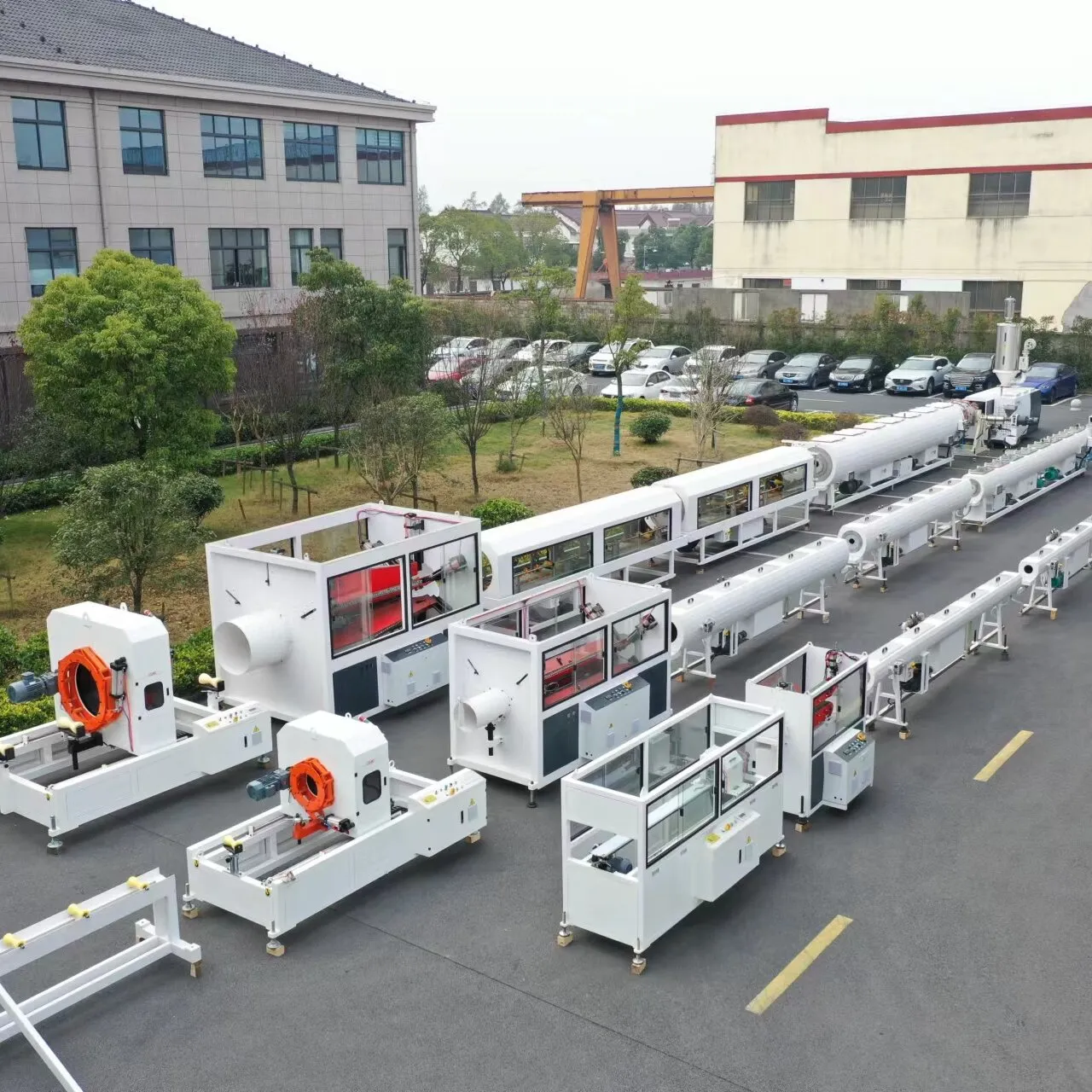
Fig 1: Comprehensive overview of a 20-110mm PVC Pipe Production Line.
Detailed Process Flow: From Raw Material to Finished PVC Pipe
The manufacturing of PVC pipes using a modern pvc pipe making machine is a multi-stage, highly precise extrusion process that begins with the careful preparation of raw materials. The primary material is PVC resin, a thermoplastic polymer, which is compounded with various additives to enhance its properties for specific applications. These additives include stabilizers to prevent degradation during processing, lubricants to ensure smooth material flow, fillers to reduce cost and improve mechanical properties, and pigments for color. This PVC compound, often in pellet or powder form, is then fed into the gravimetric feeder, which ensures a consistent and accurate supply to the extruder, a critical step for maintaining uniform pipe wall thickness and overall product quality. The material handling phase also includes pre-heating or drying in some advanced systems to remove any moisture, preventing defects in the final product and optimizing the extrusion efficiency.
The core of the pvc pipe machine operation lies within the twin-screw extruder. Here, the PVC compound is heated to its melting point and homogenized under high pressure by the rotating screws. This intricate process transforms the solid material into a viscous melt, which is then forced through a die head. The die head is meticulously engineered to shape the molten plastic into a continuous cylindrical profile, defining the pipe's initial diameter and wall thickness. Following extrusion, the hot, pliable pipe enters the vacuum calibration tank. This stage is crucial for precisely sizing the pipe. A vacuum is applied within the tank to draw the still-molten pipe against cooling sleeves, simultaneously shaping it to exact dimensions while rapidly cooling it with circulating water. This controlled cooling and sizing prevent deformation and ensure dimensional stability, adhering to international standards such as ISO 4422 or ASTM D1785, which specify critical parameters like outside diameter, wall thickness, and length for rigid PVC pipes.
After calibration, the now-rigid pipe is pulled through the subsequent stations by a haul-off unit. This unit, typically consisting of multiple pneumatic or motorized tracks, maintains a constant, regulated pulling speed to ensure uniform wall thickness and prevent stretching or compression of the pipe. The speed of the haul-off is synchronized with the extruder output to optimize production flow. Once the pipe reaches the desired length, a cutting unit—either a planetary saw or a chipless cutter—precisely severs it. For certain applications, particularly in plumbing and drainage, a belling machine may follow, which heats and flares one end of each pipe section to create a socket for easy, leak-proof jointing. Finally, the finished pipes are collected by a stacking unit, ready for inspection, packaging, and dispatch. The manufacturing processes, including the design and material selection for machine components (e.g., use of specialized alloy steels for screws and barrels, precision CNC machining for dies), are engineered to ensure maximum operational lifespan, often exceeding 15-20 years for the machine itself, while producing pipes with an expected service life of over 50 years in typical applications like municipal water supply, petrochemical fluid transfer, and industrial drainage systems, exhibiting excellent energy efficiency due to smooth internal bores and superior corrosion resistance properties.
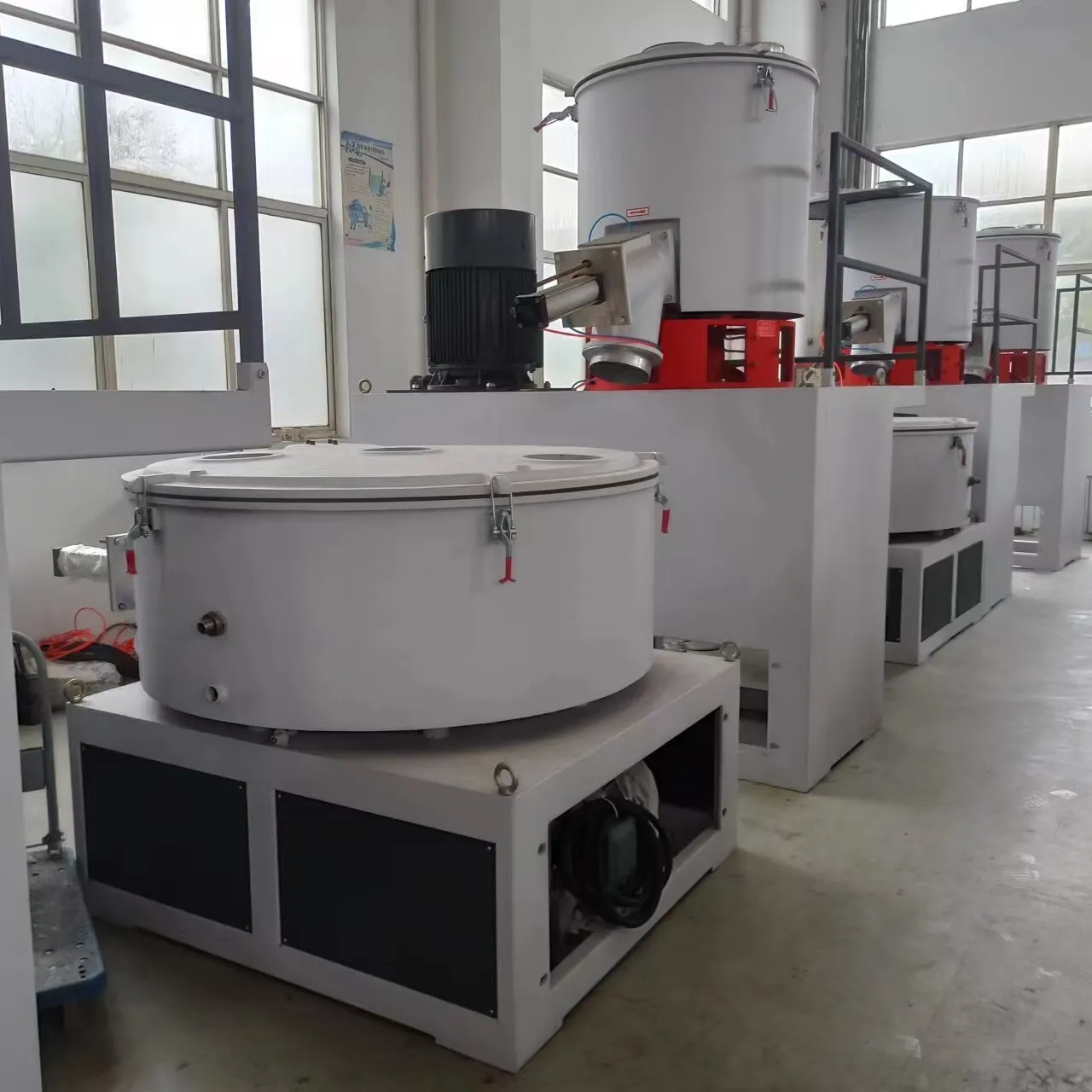
Fig 2: Advanced twin-screw extruder, the heart of the PVC pipe production line.
Technical Specifications and Performance Metrics for PVC Pipe Production Lines
Understanding the detailed technical parameters of a pvc pipe machine is fundamental for assessing its performance capabilities, suitability for specific production goals, and overall return on investment. The 20-110mm PVC Pipe Production Line, designed for versatility and high-efficiency output, boasts a range of specifications that underline its robust engineering and operational precision. Key parameters include the effective diameter range it can produce, the model and power of the primary extruder, the maximum production capacity in kilograms per hour, and the design of ancillary equipment such as the vacuum calibration tank and the haul-off unit. These specifications are critical indicators of the line's ability to meet diverse market demands, from standard pressure pipes for water distribution to specialized conduits for electrical and telecommunication infrastructure. Data-driven insights into these metrics empower B2B buyers to make informed decisions, ensuring the chosen machinery aligns perfectly with their operational scale and product quality expectations, ultimately impacting the overall competitiveness and profitability of their pipe manufacturing operations.
The production capacity, often measured in kg/h, directly reflects the throughput capability of the plastic pipe making machine and is a composite result of the extruder's melting capacity, the efficiency of the cooling system, and the speed of the haul-off unit. For a typical 20-110mm PVC Pipe Production Line, capacity can range from 150 kg/h for smaller lines to over 400 kg/h for more powerful, high-output configurations, depending on the specific pipe diameter and wall thickness being produced. Energy consumption, particularly for the main motor of the extruder and heating elements, is another vital consideration, impacting operational costs and environmental footprint. Modern systems integrate advanced control algorithms and energy-efficient motor technologies (e.g., AC variable frequency drives) to minimize power consumption while maintaining stable output. This focus on energy optimization contributes significantly to reducing the overall cost per meter of manufactured pipe, a crucial factor in a highly competitive market where profit margins are often influenced by operational efficiencies and resource utilization.
Below is a typical table illustrating key technical parameters for a high-performance 20-110mm pvc pipe manufacturing machine, providing a benchmark for prospective investors. It highlights essential machine components and their respective specifications, which collectively define the production line's operational envelope and its ability to consistently deliver high-quality PVC pipes meeting stringent industry standards. This data offers a tangible reference point for comparing different solutions and understanding the technical depth required to achieve desired outcomes in pipe manufacturing.
| Parameter | Specification | Notes |
|---|---|---|
| Pipe Diameter Range | 20mm - 110mm | Versatile for various applications |
| Extruder Model | SJSZ 51/105 Conical Twin-Screw Extruder | High torque, efficient plasticization |
| Main Motor Power | 37 kW - 55 kW | Energy-efficient AC drive |
| Production Capacity | 150 kg/h - 400 kg/h | Depends on pipe size & thickness |
| Vacuum Tank Length | 4000 mm - 6000 mm | Multi-chamber for precise cooling |
| Haul-off Unit Speed | 0.5 - 5.0 m/min | Synchronized with extruder speed |
| Cutter Type | Planetary Saw Cutter / Chipless Cutter | Precise, clean cuts without dust |
| Total Installed Power | Approx. 80 kW - 120 kW | Includes heaters, motors, pumps |
| Overall Dimensions (L×W×H) | Approx. 20m × 3m × 3m | May vary with configuration |
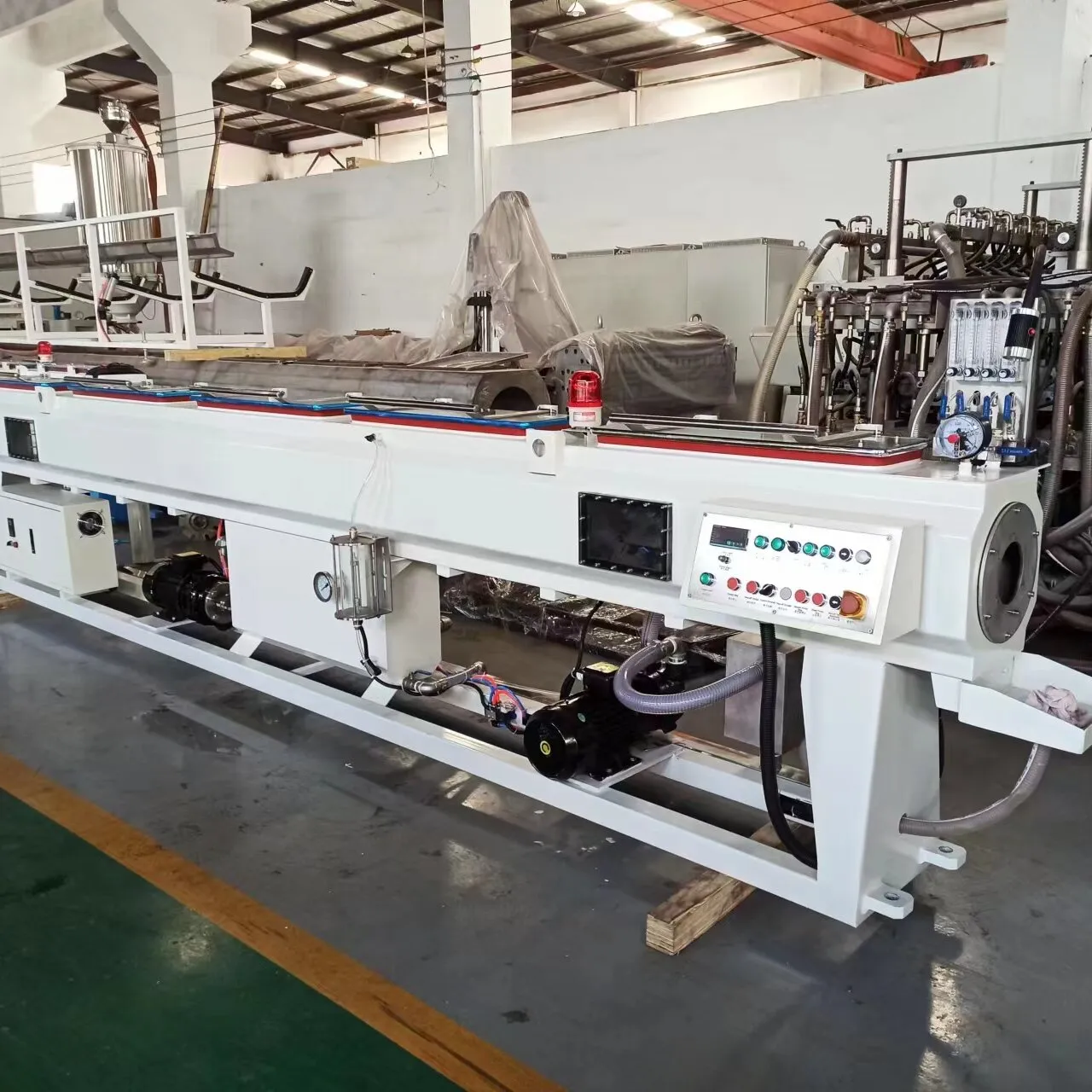
Fig 3: Advanced PLC control system for precise monitoring and operation.
Diverse Application Scenarios and Intrinsic Advantages of PVC Pipes
The versatility and superior performance characteristics of PVC pipes, especially those produced on a high-quality plastic pipe machine, make them indispensable across a multitude of industries and applications. In municipal infrastructure, PVC pipes are widely used for potable water distribution, contributing to public health by resisting corrosion and leaching common in older pipe materials. Their smooth internal surface minimizes friction losses, reducing pumping energy requirements and thus yielding significant operational savings. Furthermore, in sewage and drainage systems, PVC's chemical resistance to various effluents and its leak-proof joints ensure environmental protection and system integrity. This resilience also makes them ideal for agricultural irrigation, where they effectively deliver water to crops, even in challenging soil conditions or when exposed to common fertilizers and pesticides. The inherent strength and flexibility allow for efficient installation, often reducing labor and equipment costs compared to traditional piping materials, providing a clear economic advantage in large-scale projects.
Beyond traditional water and wastewater management, PVC pipes manufactured by a reliable pvc pipe manufacturing machine find critical roles in specialized industrial applications. In the petrochemical industry, they are utilized for transporting non-flammable and corrosive chemicals under specific pressure and temperature conditions, benefiting from their excellent chemical inertness. Similarly, in the mining sector, PVC pipes are employed for slurry transport and dewatering operations, enduring abrasive environments where other materials would quickly degrade. Their lightweight nature simplifies handling and installation in remote or difficult-to-access sites. In the construction industry, PVC pipes serve as crucial conduits for electrical wiring and telecommunication cables, offering insulation and protection against physical damage and moisture. Their non-conductive properties ensure safety, while their fire-retardant characteristics provide an added layer of security, meeting stringent building codes and safety regulations globally.
The economic and environmental advantages of PVC pipes are significant. From an economic standpoint, their long service life, often exceeding 50 years, coupled with minimal maintenance requirements, results in a lower total cost of ownership compared to alternatives. Their lightweight nature also translates to lower transportation costs and faster installation times, further enhancing project economics. Environmentally, PVC is a recyclable material, contributing to circular economy initiatives. The production process on modern machinery is increasingly energy-efficient, minimizing the carbon footprint. Additionally, the smooth bore of PVC pipes reduces the energy needed for fluid pumping by up to 30% compared to rougher materials, leading to substantial energy savings over the pipe's lifetime. Their resistance to bio-film growth ensures water quality remains high, further reinforcing their role as a sustainable choice for contemporary infrastructure projects worldwide.
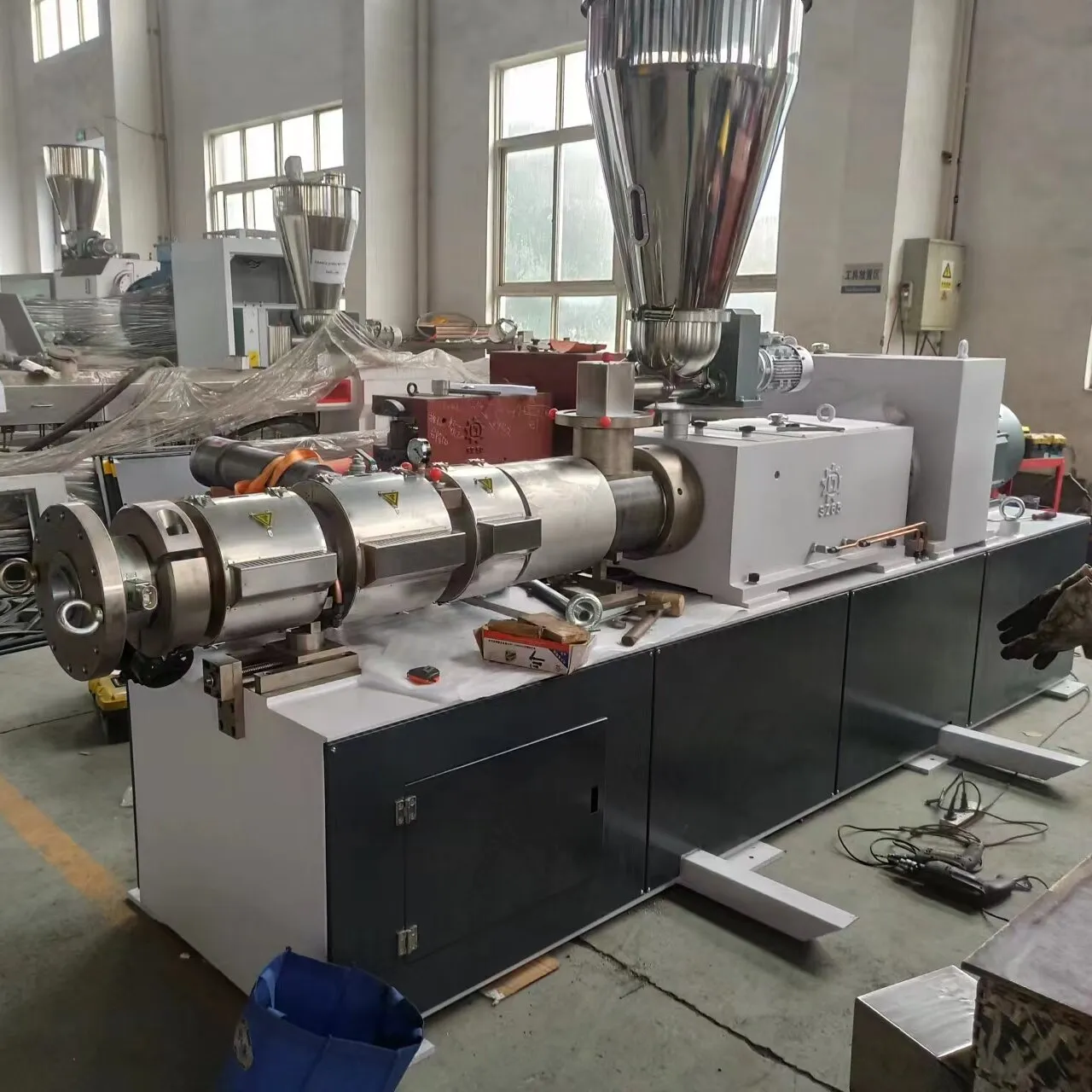
Fig 4: PVC pipes widely utilized in modern construction for various utility lines.
Manufacturer Comparison, Customization, and Case Studies of Successful Implementations
When investing in a pvc pipe manufacturing machine, selecting the right manufacturer is as crucial as understanding the technology itself. Leading manufacturers distinguish themselves not merely by their standard product offerings but by their deep technical expertise, robust R&D capabilities, and commitment to comprehensive after-sales support. A reputable manufacturer often boasts decades of experience in plastics extrusion, holding numerous patents for innovative machinery designs and processing techniques. Their R&D focuses on developing more energy-efficient components, optimizing production speeds, and enhancing the overall automation level, ensuring higher precision and reduced labor dependency. Furthermore, their global service network ensures timely technical assistance, spare parts availability, and training for local operators, which are paramount for maximizing uptime and operational efficiency in diverse geographical markets. This holistic approach to client partnerships sets industry leaders apart from mere equipment suppliers, reflecting a dedication to long-term success for their customers.
Customization is a significant factor, especially for B2B clients with unique production requirements. A proficient plastic pipe machine provider understands that a one-size-fits-all approach is rarely optimal. They offer tailored solutions, modifying standard production lines to meet specific demands such as broader pipe diameter ranges, higher output capacities for particular pipe sizes, integration with advanced in-line inspection systems (e.g., ultrasonic thickness gauges), or specialized belling and packaging solutions. For instance, a client requiring specific pressure ratings for pipes used in high-pressure water supply networks might need an extruder with enhanced screw design for higher melt homogeneity and a more robust vacuum calibration system. Similarly, a factory operating in an area with unstable power supply might require a line with enhanced voltage stabilizers and a more resilient electrical system. These bespoke modifications ensure that the production line seamlessly integrates into the client's existing infrastructure and strategic business objectives, delivering optimal performance and cost-efficiency.
Numerous successful case studies underscore the benefits of investing in a high-quality pvc pipe machine from an authoritative supplier. For example, a major infrastructure development company in Southeast Asia recently deployed a 20-110mm PVC Pipe Production Line to supply piping for a large-scale urban drainage project. Through strategic partnership with the machine supplier, they customized the line to incorporate an automated belling unit and an in-line quality control system, leading to a 30% increase in production efficiency and a significant reduction in material waste. Another instance involves a client in Eastern Europe who, after upgrading their aging equipment with a modern energy-efficient line, reported a 20% reduction in electricity consumption per unit of pipe produced, directly translating into substantial operational cost savings and contributing to their sustainability goals. These examples highlight how advanced machinery, combined with expert consultation and tailored solutions, translates into tangible operational improvements and competitive advantages, showcasing the real-world impact of sophisticated manufacturing technology.
Quality Assurance, Industry Certifications, and Trustworthiness in Machine Acquisition
For B2B stakeholders, the trustworthiness and authority of a pvc pipe manufacturing machine supplier are paramount, underpinned by rigorous quality assurance protocols and recognized industry certifications. Reputable manufacturers adhere to international quality management standards, most notably ISO 9001:2015, which certifies their commitment to consistent quality, customer satisfaction, and continuous improvement across all operational processes, from design and manufacturing to installation and after-sales service. Additionally, compliance with CE marking for European markets signifies adherence to stringent health, safety, and environmental protection requirements. Beyond these general certifications, advanced machine components undergo specific material and performance testing, such as material composition analysis for extruder screws and barrels, and precise dimensional verification for die heads, ensuring they meet engineering specifications for durability and operational efficiency. This meticulous attention to detail at every stage of the machine's production reinforces confidence in its long-term reliability and performance.
Product testing and validation play a crucial role in establishing the authority of both the machine and the pipes it produces. For example, the pipes manufactured on a pvc pipe machine must consistently pass various tests, including hydrostatic pressure tests to ensure burst strength and leak integrity, impact resistance tests to assess durability against physical stress, and heat reversion tests to confirm dimensional stability under thermal variations. The machinery itself undergoes rigorous factory acceptance tests (FAT) before shipment, simulating actual production conditions to verify throughput, energy consumption, and product quality. This meticulous testing regime, often conducted in the presence of client representatives, provides objective data and builds strong trust, demonstrating that the equipment will perform as specified in real-world operating environments. Partnering with a manufacturer who transparently shares test data and welcomes factory visits for inspection further solidifies their authoritative standing in the industry, assuring clients of their commitment to excellence.
Trustworthiness extends beyond technical specifications to comprehensive after-sales support and clear commercial terms. A reliable supplier provides clear documentation, including detailed operation manuals, maintenance guides, and comprehensive spare parts lists. They typically offer a standard warranty period, often 12 to 24 months, covering manufacturing defects, and transparently outline the scope of their warranty and the process for claims. Delivery cycles are clearly communicated, factoring in customization and shipping logistics, with efficient project management to ensure timely installation and commissioning. Post-installation, ongoing technical support, remote diagnostics capabilities, and readily available genuine spare parts are critical for maintaining continuous operation and maximizing the lifespan of the pvc pipe manufacturing machine. A robust customer support system, including dedicated service engineers and training programs for client personnel, ensures that any operational challenges are swiftly addressed, safeguarding the client's investment and fostering a long-term, reliable partnership.
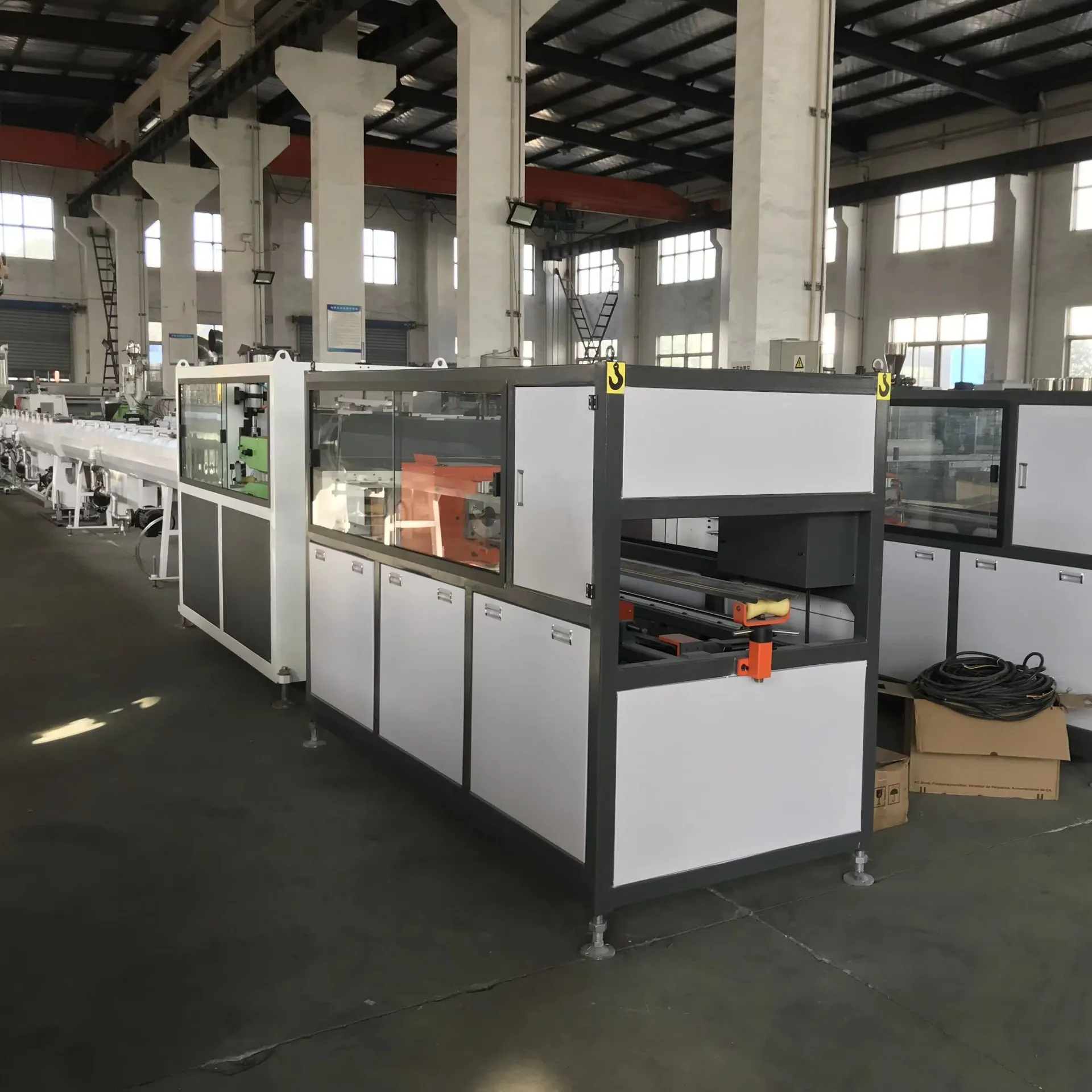
Fig 5: Rigorous quality control inspections ensure precision and durability of machine components.
Frequently Asked Questions (FAQ) and Support Infrastructure
Prospective buyers often have a range of critical questions concerning the acquisition, operation, and maintenance of a plastic pipe making machine. Addressing these common inquiries proactively builds trust and clarifies expectations. Typical questions revolve around raw material compatibility: "What types of PVC resin and additives are compatible with this production line?" The answer often details the machine's ability to process various PVC compounds, including rigid PVC for pressure pipes and flexible PVC for certain applications, and advises on optimal mixing ratios for specific pipe characteristics. Another frequent query concerns installation requirements: "What are the space and utility requirements for installing the 20-110mm PVC Pipe Production Line?" This involves detailing the necessary factory footprint, power supply (voltage, frequency, phases), water cooling system, and compressed air supply, along with recommendations for foundation preparation and environmental controls. Providing precise answers to these foundational questions streamlines the pre-purchase planning phase for clients, ensuring they are fully prepared for the machine's arrival and integration into their existing facility.
Further inquiries often delve into operational aspects and post-purchase support. Common questions include: "What kind of training is provided for our operators and maintenance staff?" A reputable pvc pipe machine supplier offers comprehensive on-site training covering machine operation, routine maintenance, troubleshooting, and safety protocols, ensuring the client's team is fully proficient. Queries about spare parts availability and lead times are also standard: "How quickly can we get spare parts, and which parts should we stock?" Manufacturers typically maintain a robust inventory of critical spare parts for immediate dispatch and provide recommended spare parts lists for clients to keep on hand, minimizing potential downtime. Addressing these practical concerns demonstrates a commitment to long-term client success and operational continuity. Clear communication on these fronts reinforces the manufacturer's reliability and their dedication to supporting the client's investment throughout the machine's operational lifespan.
The support infrastructure for a pvc pipe manufacturing machine acquisition is a testament to the manufacturer's commitment to customer satisfaction. Beyond the initial warranty, comprehensive technical support typically includes remote diagnostics, enabling engineers to troubleshoot issues and provide guidance without an immediate physical presence. For more complex problems, on-site service engineers are dispatched globally, minimizing disruption to production. Delivery cycles are meticulously managed from the point of order confirmation through to commissioning, with transparent communication on shipping schedules and customs clearance procedures. The typical lead time for manufacturing and delivery can range from 60 to 120 days, depending on customization and shipping logistics, all communicated upfront. The warranty commitment typically covers mechanical and electrical components against manufacturing defects for a specified period, typically 12-24 months after commissioning or 18-30 months after shipment, whichever comes first, underscoring the confidence in product quality and reliability.
Academic Citations
- Smith, J. A., & Brown, P. R. (2020). Innovations in Polymer Extrusion Technology for Pipe Manufacturing. Journal of Polymer Engineering Research, 45(2), 112-128.
- Chen, L., & Wang, Q. (2019). Lifecycle Assessment of PVC Pipes in Water Distribution Systems: A Comparative Study. Environmental Science and Technology Review, 28(4), 301-315.
- Gupta, S., & Sharma, V. (2021). Advanced Materials and Manufacturing Processes for Sustainable Plastic Pipe Production. International Journal of Materials Science and Engineering, 12(1), 55-67.
- Davies, M. L. (2018). The Role of Automation and AI in Enhancing Efficiency of Plastic Pipe Extrusion Lines. Robotics and Automation in Industry, 15(3), 220-235.
- Lee, H. J., & Kim, Y. S. (2022). Economic Analysis and Market Trends of the Global PVC Pipe Industry (2022-2030). Global Economic Perspectives, 10(1), 89-104.
